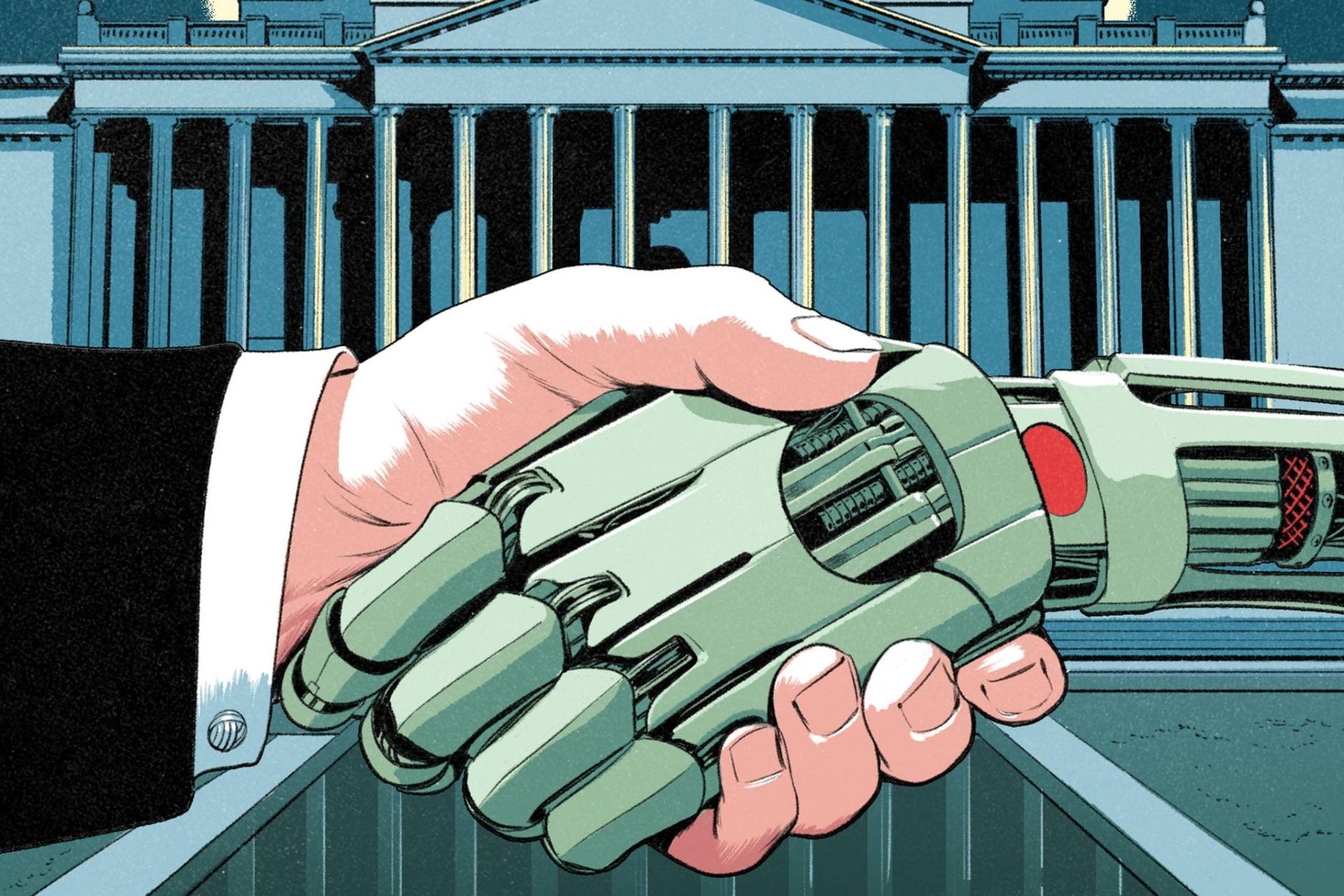It is undeniable that advances in technology, across all industries, have significantly improved and enhanced the lives of the human race. Even just 30 years ago, the idea of the average person having quick and easy access to every scrap of knowledge in the entire world from just one small device, would have been subject matter for science-fiction writers. Now, it’s safe to say that the internet has changed the way that we live our lives exponentially from the way that we shop, the way that we communicate and the way that we find and consume information about what’s happening in the world.
In 2018, it emerged that political consulting firm Cambridge Analytica had acquired the personal details of millions of users of the world’s most widely used social network, Facebook. The data was used purely for the purposes of political advertising and as Cambridge Analytica had ties with right-wing political parties, you can imagine which train of political thought the advertising favoured. Cambridge Analytica worked on elections and political events (including the UK’s Leave EU Brexit campaign) in multiple countries all over the world and some of these cases are still under inquiry.
Between 2013 and 2017, Facebook was again used to create fake pages by the Russian government to influence the result of the 2016 US election. These pages posed as Americans who supported radical far-right politics, actively boosting the Donald Trump presidency campaign and harming that of Hilary Clinton. These incredibly complex interferences in real world events by powerful entities would not have been possible without the widespread use and trust of a company like Facebook. So, with the knowledge that these scandals really happened, to what extent can we really say that these political events happened through true democracy?
One of the pitfalls of social media is that it gives everyone a voice. While that may seem like a blessing when considering minorities who have never had a platform, it also means that anyone can say or post anything that they want to. Due to the nature of social media facilitating like-minded connections, it’s likely that people will believe what those on their feed say or at least, be easily convinced that what they’ve read is true. This is the perfect breeding ground for misinformation and of course, ideal for anyone wanting to influence someone else’s opinions.
With so much information at our fingertips, it can be hard to know what is real and what isn’t. Unless you’re technologically and politically savvy, it’s very easy to believe that if a news article appears on a big, successful platform like Facebook or Twitter, it must be true. For generations, people have had no choice but to trust that what news companies are reporting is the truth and this mindset has now been carried over into the misinformation minefield that is social media. There isn’t anyone at Facebook or Twitter, meticulously fact-checking every news post that appears on their sites and the distinctions between real and fake news are getting increasingly harder to pick out.
What many people don’t realise is the extent to which social networks keep tabs on its users and filter the stories that they’re most likely to respond to -whether they’re accurate or not. Over time, online surveillance will learn your interests, your opinions and the things that really make you tick. Every post you like, every comment you make and every page you visit is being stored somewhere in cyberspace and of course, because social networks are fundamentally businesses, they’ll use this information to pump out relevant adverts and make money. The fact that they have the power to do this makes it clear how the content on your feed can become very narrow.
On the flip side of that, social media also makes it extremely easy for users to curate exactly what they’re seeing, in order to create a pleasant, validating experience. Everyone has the ability to block and report anything that they don’t agree with, silencing certain opinions and cutting off any opportunity to discuss alternate viewpoints. If you’re only engaging with content that fits your own view of the world, to what extent is your view accurate to reality?
When taking all of these factors into consideration, we get a pretty bleak picture of the way that technology has truly influenced democracy on a global scale. A recent report (February 2020) by the Pew Research Center asked 1000 technology entrepreneurs, scholars and developers how they feel the use of technology by citizens and governments will affect democracy between now and 2030. Around half of them said that they expected democracy to weaken in the next ten years, which shows the very real threat that tech companies pose to the world as we know it.
